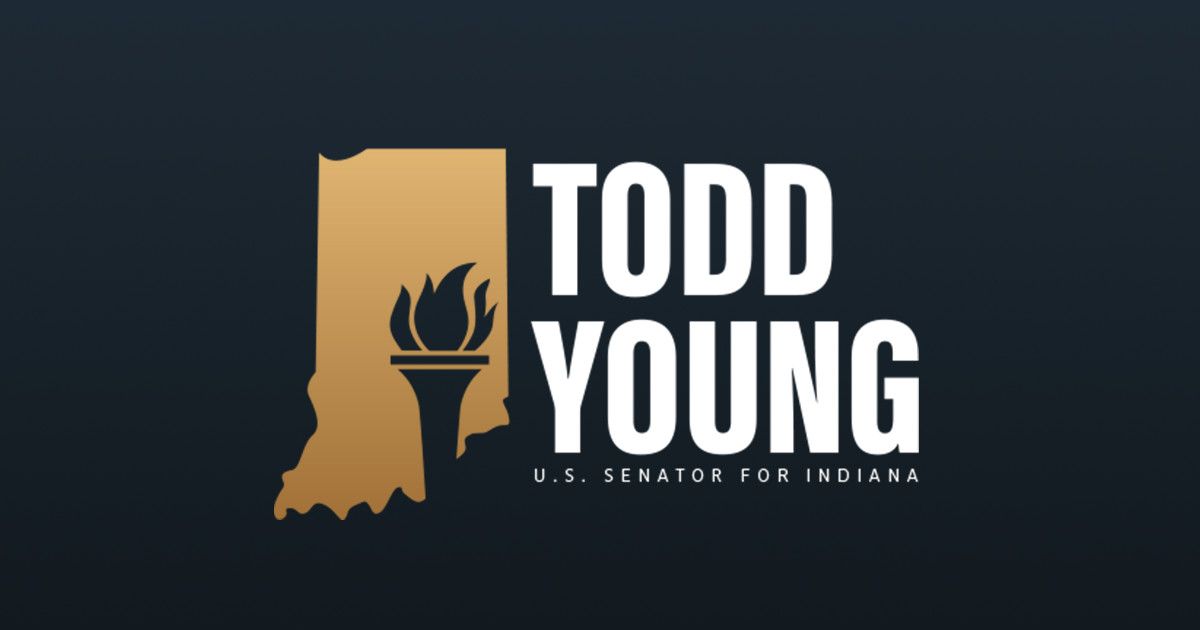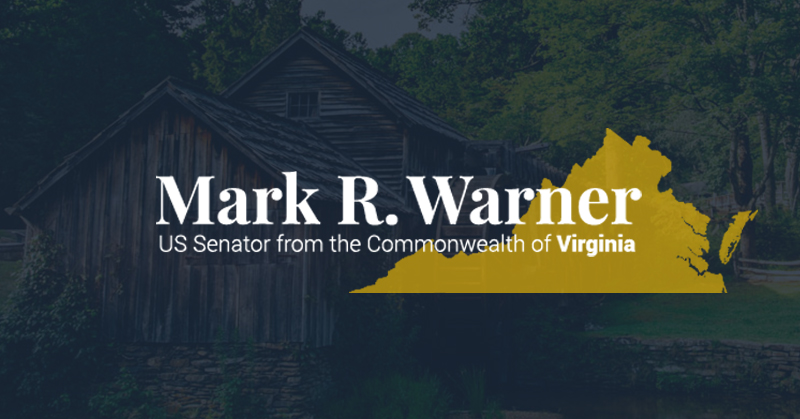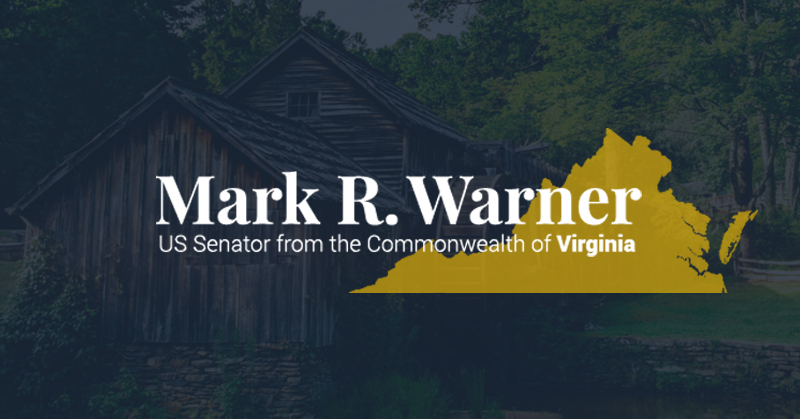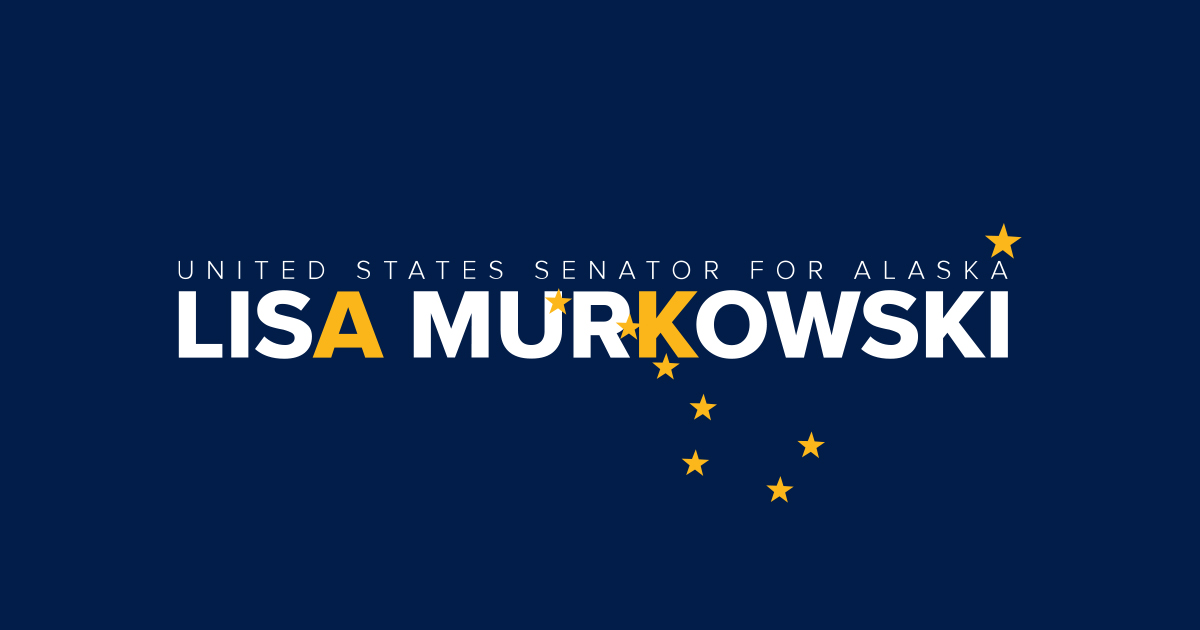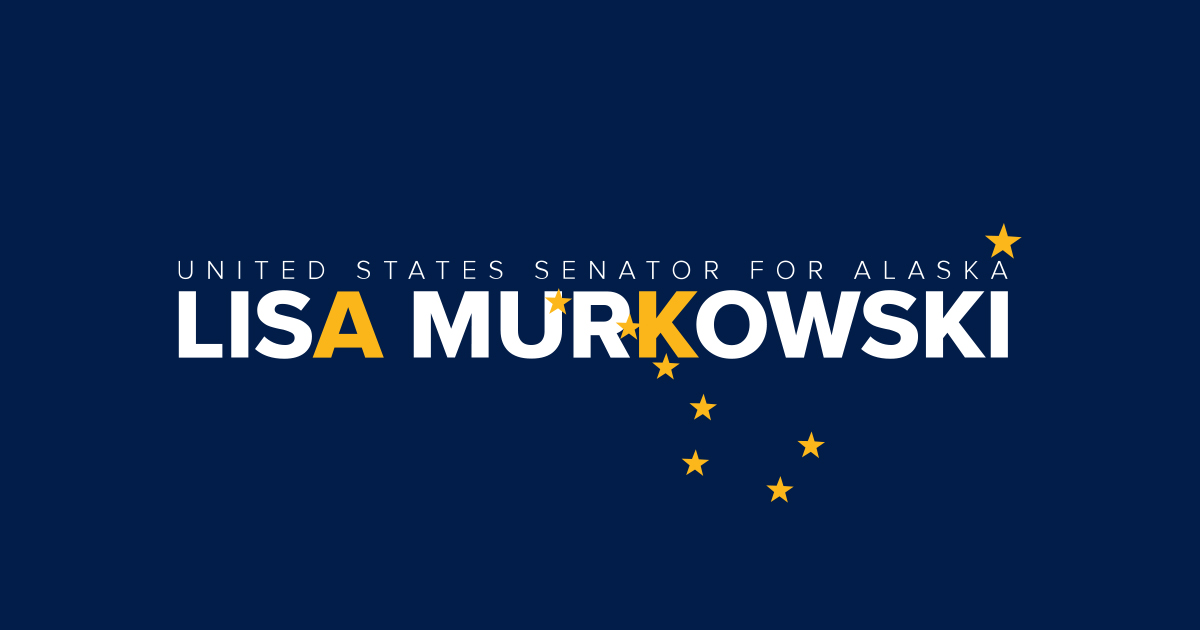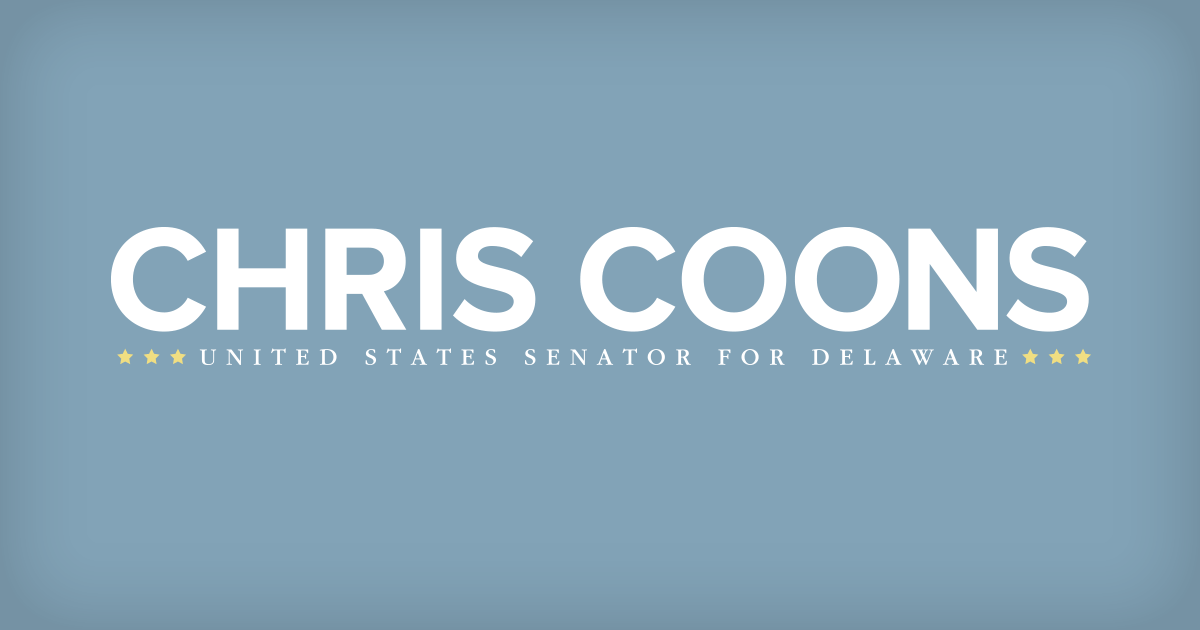Source: United States Senator for Indiana Todd Young
June 07, 2023
WASHINGTON – Today, U.S. Senators Todd Young (R-Ind.) and Sherrod Brown (D-Ohio) introduced the Leveling the Playing Field 2.0 Act, bipartisan legislation to strengthen U.S. trade remedy laws and ensure they remain effective tools to fight back against unfair trade practices and protect American workers. The legislation updates the previous Leveling the Playing Field Act, which was introduced by Senator Brown and former Senator Rob Portman (R-Ohio), and signed into law in 2015. The original effort addressed persistent and evolving threats from unfair competition. The new bill would establish the new concept of “successive investigations” to improve the effectiveness of the U.S. trade remedy system in responding to repeat offenders and serial cheaters, helping to level the playing field for American workers. Additionally, the bill responds to China’s Belt and Road Initiative that provides Chinese government subsidies for products made in other countries.
“Our bipartisan bill will protect American jobs and combat China’s unfair trade practices,” said Senator Young. “China has distorted the free market by dumping undervalued products and subsidizing industries, actions designed to harm American businesses and workers. This legislation will help level the playing field to ensure the United States can outcompete the Chinese Communist Party.”
“China is always coming up with new ways to distort the global market, cheating Ohio companies out of business and Ohio workers out of jobs. Our bill will help the U.S. fight back with new, innovative tools, allowing us to crack down on repeat offenders and serial cheaters,” said Senator Brown. “Ohioans can out-compete anyone – they just need a fair, level playing field.”
The legislation is co-sponsored by Senators Amy Klobuchar (D-Minn.), Mike Braun (R-Ind.), Tammy Baldwin (D-Wis.), Tommy Tuberville (R-Ala.), John Fetterman (D-Pa.), Tom Cotton (R-Ark.), Bob Casey (D-Pa.), Shelley Moore Capito (R-W.Va.), Joe Manchin (D-W.Va.), J.D. Vance (R-Ohio) and Tina Smith (D-Minn.).
A companion bill in the U.S. House of Representatives was introduced by Reps. Terri Sewell (D-AL-07), Bill Johnson (R-OH-6), Frank Mrvan (D-IN-01), and Van Duyne (R-TX-24).
The Young-Brown legislation builds on the success of the original Brown-PortmanLeveling the Playing Field Act, which led to key wins for Midwest companies. TheLeveling the Playing Field 2.0 Act would update U.S. trade remedy laws to establish the new concept of “successive investigations,” to improve the effectiveness of the U.S. trade remedy system in curbing circumvention efforts from bad actors designed to undercut our domestic industries and increase market share.
American companies are on the receiving end of China’s increasing predatory economic behavior. In recent years, China’s unfair trade practices have culminated into grave economic consequences that affect American workers. For example, Chinese-supported companies move portions of production to other countries to circumvent American duties, a practice known as “country hopping,” and China’s Belt and Road Initiative unfairly subsidizes products made in other countries, rather than just in China. American companies also have to contend with long lead times before the Department of Commerce initiates a new anti-circumvention inquiry.
Around half of unfair trade cases are in the steel industry. However, these unfair trade cases also affect industries that make engines, furniture, hardwood plywood, welded pipe, solar panels, pipes and tubes, wood moldings, truck trailer chassis, magnesium, paper, industrial materials, shrimp, carrier bags, magnesia bricks, kitchen cabinets, quartz countertops, tires, and many others.
The Leveling the Playing Field 2.0 Act pushes back against China’s anti-free market practices by providing the Department of Commerce with more tools to stop circumvention tactics by:
- Creating a new type of AD/CVD investigation, called a successive investigation, which improves the effectiveness of the trade remedy law to combat repeat offenders by making it easier for petitioners to bring new cases when production moves to another country.
- Providing expedited timelines for successive investigations and new factors for the International Trade Commission to consider about the relationship between recently completed trade cases and successive trade cases for the same imported product.
- Providing the Department of Commerce the authority to apply CVD law to subsidies provided by a government to a company operating in a different country.
- Imposing statutory requirements for anti-circumvention inquiries to clarify the process and timeline.
- Specifying deadlines for preliminary and final determinations.
The bill is also supported by the American Iron and Steel Institute and the United Steelworkers.
“Senators Brown and Young have always stood strong for steel, and we are grateful that they are taking the helm once again to combat unfair trade practices and help keep American jobs in steel. This legislation is critical to addressing the latest efforts by foreign exporters to evade our trade laws through a variety of schemes, including cross-border subsidies. We appreciate the leadership of these senators and urge all members of Congress to sponsor the bill as soon as possible,” said Kevin Dempsey, president and CEO of the American Iron and Steel Institute (AISI).
“Bipartisan trade legislation, like Senators Brown and Young’s Leveling the Playing Field Act 2.0, show that helping American workers and their employers is a priority for Congress. Countering China’s Belt and Road Initiative by accounting for the country’s foreign subsidies and updating our trade rules to make it easier for U.S. workers and firms to fight illegally dumped and subsidized goods will ensure that we don’t lose critical supply chains to trade cheating. Ensuring our trade enforcement regime works faster ensures that workers and companies can focus on making things in America,” said Tom Conway, President of the United Steelworkers (USW)
